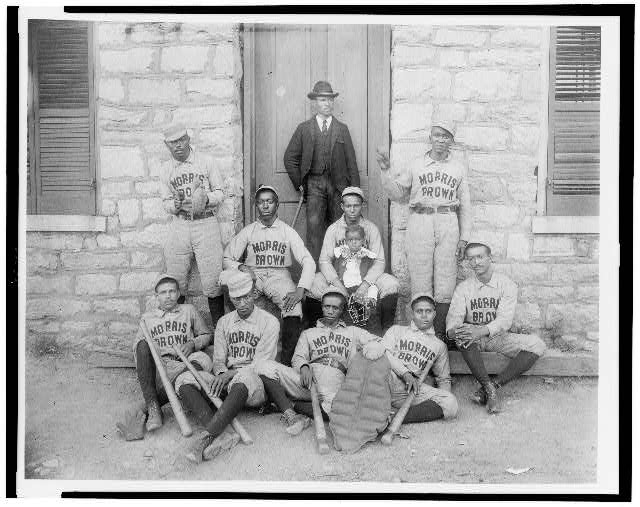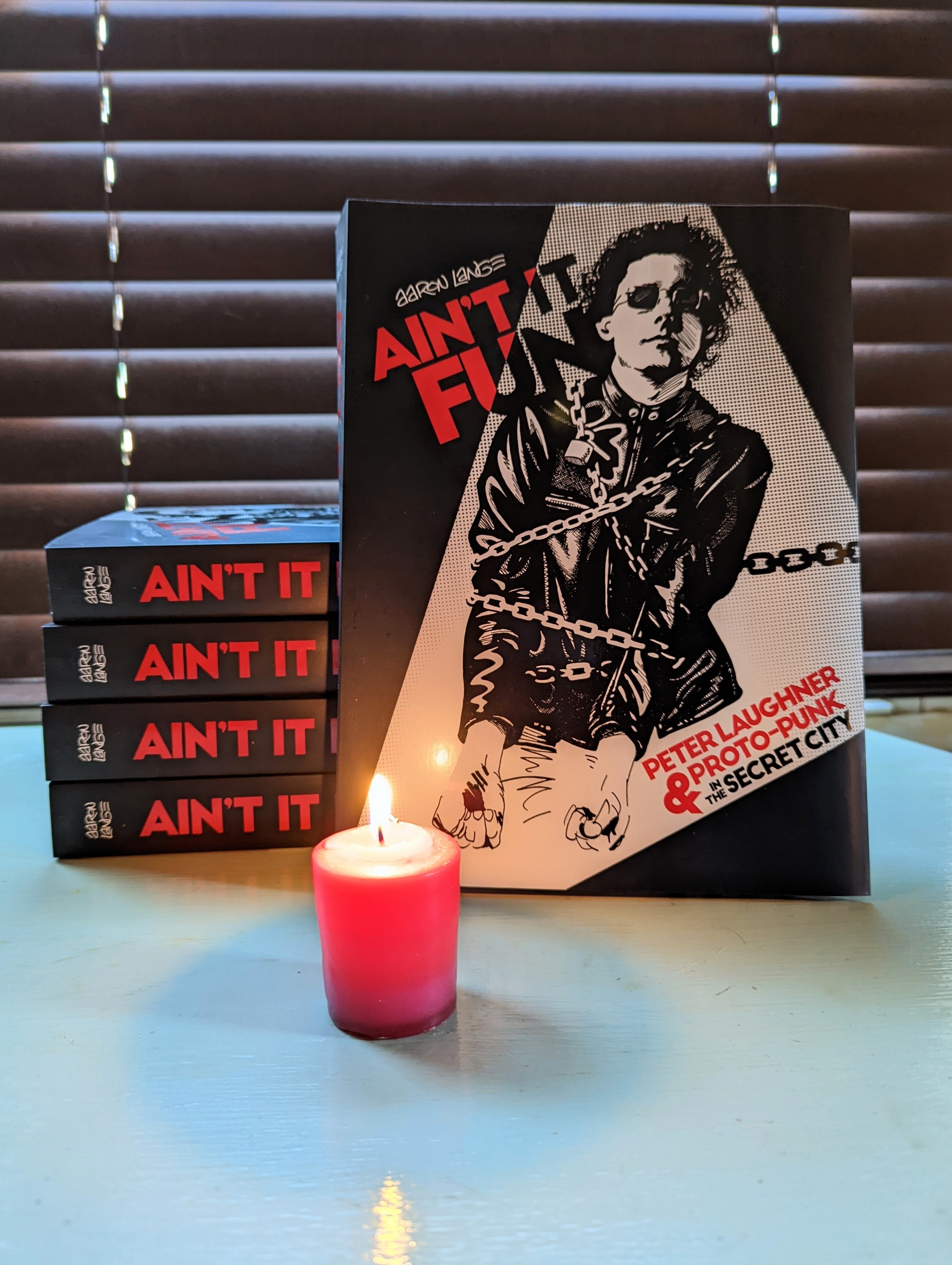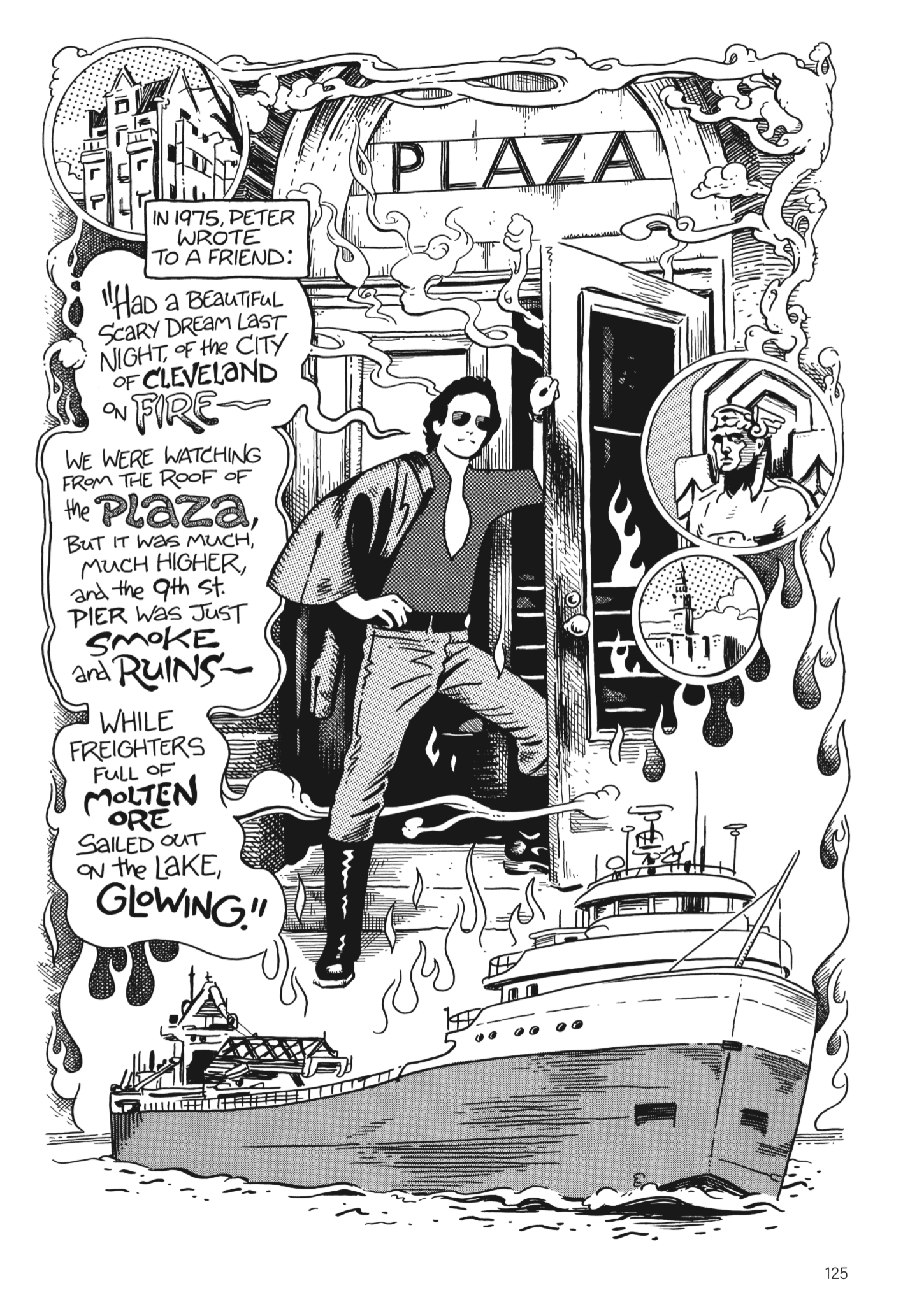Brothers Under the Skin (Redux)
Wesley Hogan’s felt appreciation of Tracy Chapman’s Grammy duet with Luke Combs (here) sent your editor back to another crossover move by the Man of Country, Morgan Wallen. I’m reposting the video of his duet with Lil Durk (along with a short comment on it below). Wallen’s & Durk’s mannish boys’ stance seems backward compared to Chapman’s and Combs’ progressive politesse. Yet the rougher guys’ vernacular — “I’d’ve stayed my ass at home” — brings home the less than colloquial lyrics — …”I’ll get a promotion…we’ll buy a bigger house and move to the suburbs” — that undercut (slightly) Chapman’s attempt to make a song of the people, by the people, for the people. You need to keep an ear out for how underdogs talk now if you mean to write to/for them. I’m glad Wes Hogan is out to make sure we don’t forget C’ and C’s award show turn, but Wallen’s & Durk’s forgotten collab belongs to a river of song that runs below all the Broadways in this world — deep beneath the attention of the gentility. B.D.
Preface to the Korean Edition of “The Magna Carta Manifesto”
This chapter from Peter Linebaugh’s Stop Thief: The Commons, Enclosures and Resistance opens with aristos’ charming spin on the human right to rest. But Linebaugh isn’t one to go on in defense of laziness. Near the end of this short piece, he invokes bookish Reds who once insisted a “Communist is a mere bluffer, if he has not worked over in his consciousness the whole inheritance of human knowledge.”[1] Linebaugh has surely put in work on that score. The fact that his essay is a preface to the Korean edition of one of his earlier books stands as a tribute to his worldliness. Linebaugh goes wide in this chapter (as ever) though he begins in bed…
Of the aristocratic and stylish Mitford sisters, Jessica provides us with the Lazy Interpretation of Magna Carta beloved by sluggards everywhere. As a lovely communist (two of her sisters were fascists) she was disowned by her family and fell from the social peaks of English aristocracy to the Dickensian depths of the Rotherhithe docks in London in 1939. Unable to pay the rent she and her husband lived in fear of the process-server who they avoided by going in disguises which the process server soon came to recognize. “Esmond had a theory that it was illegal and in some way a violation of Magna Carta to serve process on people in bed.”[1] So they stayed in bed all day and then all night, and again all the next day, and all the next night under the covers, before deciding to immigrate to America. (Tom Paine, too, thought that independent America was a realization of Magna Carta).
Fly Me To You
…The depressed whore wakes up for her flight before dawn. Nothing ever good comes from waking up this early, she thinks: funerals, surgeries, insomnia, and work. She slept in her makeup because fuck putting it on so early. Still, it’s important to look hot at the airport: a space of surveillance, commerce, vague intrigue. You never know who’s watching you, always traveling under an assumed, or fragmentary, or nightmarish identity. In the Lyft she subtracts the cost of the ride from what she’ll be earning, also the friend looking after her cat, the work she could have gotten staying at home, the unquantifiable toll on her physical and mental health, and yet to remain still is never an option, not anymore, in this world in which stillness equals paralysis, inanition.
…She’s going to a mid-sized, charmless city in the Deep South. She’s looked up things to do in the time she’ll have off, which really isn’t much, just a long afternoon before her return flight, but she knows she won’t step foot outside the hotel for her almost two-day stay, she’ll be swallowed up by that cold, bright glare (the glare that afflicts schizo-amnesiac killers in a David Lynch movie) that never leaves you even when you close your eyes at night. But it doesn’t matter. After a certain point every place, like every client, is the same.
Sénégal on Fire
Macky Sall — Sénégal’s outgoing president (Inshallah) — has played one Trump card after another over the past year, as he’s tried to retain power. Sall got brazen about his contempt for his country’s democratic process a couple years ago when he started hinting broadly that he would run for a 3rd term, though that’s illegal under Sénégal’s Constitution which only allows a president two terms in office. He prepped for what he assumed would be his permanent ascendancy by defaming and jailing his main political opponent, a young firebrand named Ousmane Sonko who’s been exposing corruption among Sénégal’s political class for more than a decade.[1] When Sonko and his partisans refused to fade out quietly, Sall came out as a petty Big Man trashing the country’s (relatively) free press, unleashing violence against protestors and conflating democratic dissent with Islamist terror.
Navalny, Carlson and the traitors to democracy
Originally published on February 14 at Notes from the Underground.
The Russian regime has finally extinguished the life of Alexei Navalny. Navalny was being held in a remote labour camp and, according to the prison authorities earlier today, died while taking a walk — like you do.
focus on Fascism
why do it in poetic form?
because in an infinite variety of ways
that reside in the breasts of all living souls
any solution to the Fascist trend in all states
pulses and grooves inside each of us
we hear the basic call of consciousness & conscience
Some Principles of the Commons
Linebaugh’s principles made your editor rethink my attachment to “public happiness” — a phrase of Hannah Arendt’s that I’ve leaned on to evoke the excitement of (small d) democratic politics with its imperfectly human meld of egotism and solidarity. Linebaugh isn’t an Arendt man and he’s never been charmed by her hymns for the American Revolution. Aware our first Founding slipped slavery and the “Social Question” — all the challenges arising from mass poverty and de-skilled labor due to the Industrial Revolution — he’s unenthralled by America’s standard versions of democratic practice. Per Peter, public life/happiness in this country seems a straightened thing…
We distinguish “the common” from “the public.” We understand the public in contrast to the private, and we understand common solidarity in contrast to individual egotism.
While it’s probably wrongheaded to yearn for demos with no ego, Linebaugh’s distinction is coming through to me this morning. In my inbox today, there’s an announcement of the latest seminar aimed at (what one pale academic muckety-muck terms) “intellectual publics.” Like Linebaugh, I prefer more common things…
Double-Play: C. Liegh McInnes & Peter H. Wood on Baseball and Color Lines
At the world’s fair of the 1900 Paris Exposition, W.E.B. Du Bois, Daniel Murray, and Thomas J. Calloway organized the Exhibit of American Negroes to represent the history, culture, and institutions of their people. (The Paris world fair was a celebration of ruling ideas of progress intended to uphold “achievements of the past century and propel development into the future.”) The Library of Congress online archive has collected the photographs, charts and other materials curated by Du Bois et al. Looking through the files, among the images of black laborers, students, mothers, organizers, homes and churches, a picture of Morris Brown College’s black baseball team resonated with a young African American man, a century on.[1] Du Bois, or perhaps Calloway, must’ve seen how this tableau of a true team evoked more than stats or won/lost records ever could…

Your editor sent Peter Wood this photo after reading how Jackie Robinson’s example helped propel Wood on his path to writing books like Black Majority and Near Andersonville. The photo also went to First contributor C. Liegh McInnis since he’s a baseball fan with deep feelings for the Negro Leagues as well as a certain distance on Jackie Robinson and the ideal of integration.
Levon’s Blues
I have a few notes from years ago when Levon Helm died and I’m realizing now that I must have written them just after having taught “Sonny’s Blues.” A story that, for reasons I may get into, leaves me on the verge of tears, even in class, when to cry in front of students would embarrass me and, surely, shock them. But it has happened; it also happened that I cried in the car the morning I heard about Levon…
Kafka’s Literary Unconscious
An essay in last month’s Town Topics, a Princeton gazette, begins on target: “This is an anniversary year for Franz Kafka, who died on June 3, 1924—a doubly noteworthy centenary, given the immensity of the author’s posthumous presence, which suggests that if ever a writer was born on the day he died, it was Kafka.”[i] Given that “immensity of presence,” one would be hard put to define concisely its core significance. But I will attempt to get to that core by example—the core being the difficult beauty of Kafka’s writing, a beauty that is full of thought, and which has inspired, as is well known, a great variety of attempts to understand it. For Theodor Adorno, in a celebrated essay, satisfying the need to understand Kafka is a matter of life and death!
Into the Woods
Hope sparked by a bright field. Sorrow, the woods.
We caution children, Don’t go in the woods.
From the River to the BBC: Carnage and Complexity in Gaza

CNN fired a photojournalist who was embraced by the leader of Hamas.
Like many Jews, I’ve read things about the bombing of Gaza, seen things on TV, and heard things shrieked in the streets that have horrified me in starkly contradictory ways. The truth about this awful sequence of events is as hard to come by as it is complex, but the slogans mask as much as they proclaim, and the coverage does something even more ominous: it simplifies. Every day I’m glued to my TV, gripped not just by the unbearable images that the carnage has produced, but also by the stimulation of my senses, the spectacle of mass death. It’s what I’d call visceral news, which compels me to watch, and it’s all true. But it’s not the truth. That requires context, which isn’t a visual.
Julia Sebutinde

As soon as I heard the verdict of the International Court of Justice last week and heard the vote of 15-2 against Israel, I knew it had to be a woman. Who else could stand up to 15 men and vote with the old Israeli man?
Stuck and Moving (“Read Mosab Abu Toha’s Poetry & Go to War-torn Gaza”)
I have been reading and writing poetry ever since I was a boy growing up in Huntington, Long Island, not far from where Walt Whitman was born and raised, and where he founded the newspaper, The Long Islander, which published my column on high school sports. At the age of 82, I still turn to poetry more often than to newspapers for news of the world, local, national and international. Recently, I read and reread the timely and (perhaps) timeless poems about Gaza in Mosab Abu Toha’s Things You May Find Hidden in My Ear, published by City Lights.
That book appeared in print at about the same time that the author and members of his family, including his wife and children—and thousands of other Gazans—were detained by Israeli soldiers. Fortunately, Toha’s wife and children were released and allowed to travel to Egypt where the poet joined them, and then wrote and published an eye-opening account of his own harrowing arrest, incarceration, and interrogation. That narrative was published in January 2024 in The New Yorker. In a short time, it has alerted readers around the world to Toha’s poetry and to his own newsworthy story.
Talk Therapy (or Lip Service)?
Twitter dialogue between…
Fania Oz-Salzbarger [“Mom, Israeli, Jewish, humanist, History prof. Loving daughter of Amos Oz. Tel Aviv U (BA, MA), Oxford U (D.Phil), Uppsala U (Dr. h.c) Democracy must win.”]
&
Ambassador Majed Bamya [“Deputy Permanent Observer of the State of Palestine to the UN, New York. Palestinian from Yaffa. Refugee. The time for freedom is always right now!”]
On the Road to “Black Majority”
“Which of Britain’s thirteen North American colonies was more than half Black long before the American Revolution?” Retired Duke University historian Peter H. Wood finds that he can still stump groups of students, teachers, and parents with that question, even though it has been fifty years since he published Black Majority, his landmark study of slavery in colonial South Carolina. Today that book is taking on a fresh new life and proving more pertinent than ever.
“…and Cleveland’s Cold”
Townes Van Zandt. “Pancho and Lefty”
I became aware of Cleveland when Lou Boudreau played shortstop and my Aunt Sylvia, who, to my six-year-old eyes, was really neat, perversely rooted for the Indians against her hometown Braves. I liked Marion Motley and Mac Speedie (good names!), when they came along a couple years later too, but I hadn’t thought much about Cleveland since. I certainly hadn’t registered it as a petri dish for disintegration and despair, capable of occasioning both vicious protest and futile resignation, from which would arise a musician capable of pinning lunch meat to his chest, blowing his nose in a slice, and eating it.
Then Aaron Lange’s Ain’t It Fun: Peter Laughner & Proto-Punk in the Secret City landed.
SPLAT![1]
Last Hour of Every Angel
I
…If you were a goddess, Xylea said, what goddess would you be? She paused to think for a second. If you were a goddess, you’d be the goddess of beauty and illusion…
…That haunted me, for some reason. The reason was that my life had, without my noticing, been drained of reality, or the pretense to reality. I was a celibate, anhedonic whore (let’s say a depressed whore). Sex itself meant nothing to me, having become mere performance, empty enchantment. I fell in love with ghosts, or people who soon became ghosts, whose names I no longer remembered shortly afterwards.

